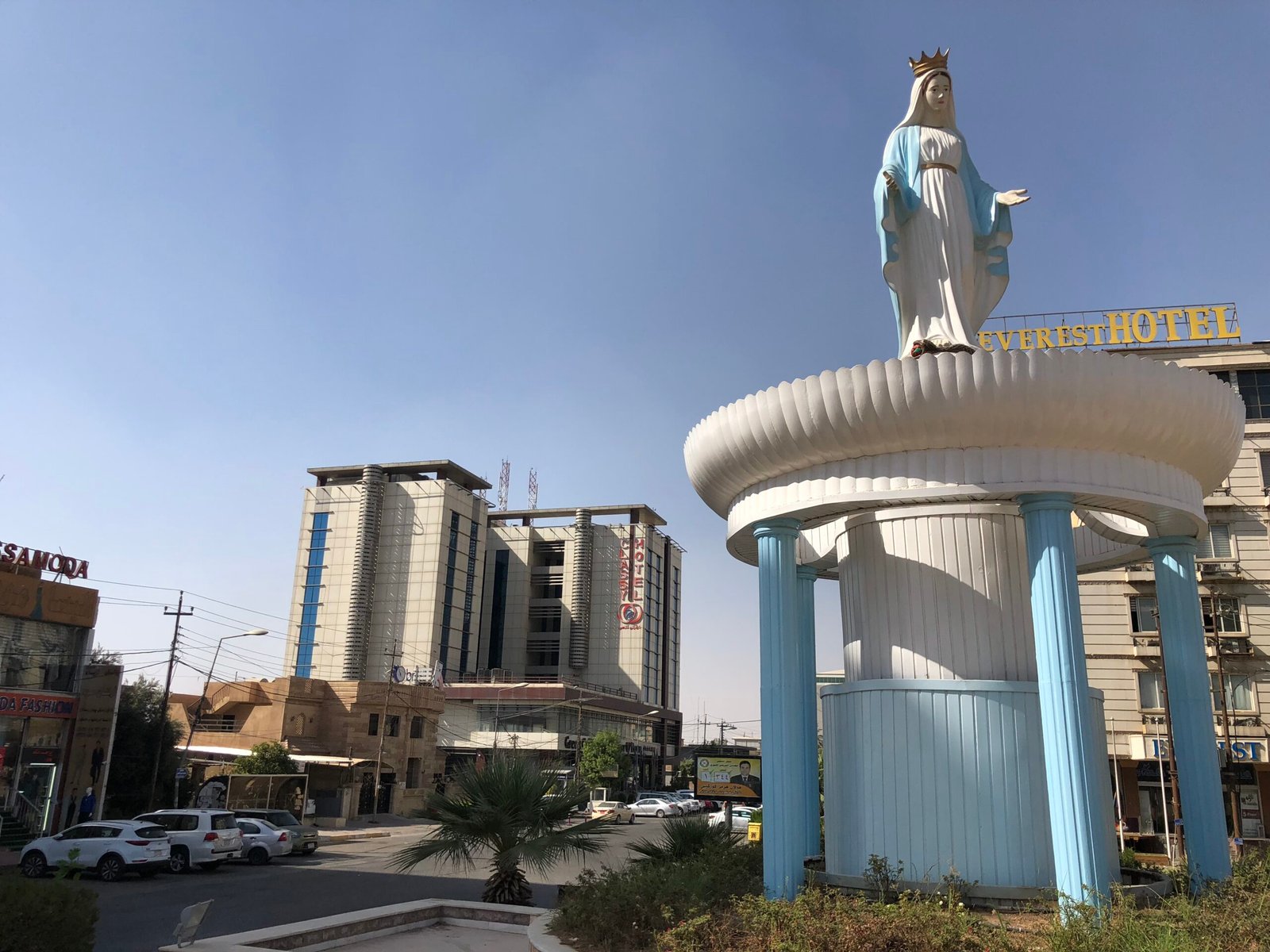How the KDP Reshaped Iraq’s Minority Quota Map in the 2025 Elections

The results of the nine quota seats for the Iraqi parliamentary elections held on 11 November are as follows:
The KDP has managed to win five quota seats that it explicitly backed. The cost was around 86,000 votes, of which over 95% came from KDP supporters rather than from the candidates’ own bases. But for the party, the price was worth it: it now holds three of the five Christian quota seats, which were long monopolised by the Babylon Movement, a Christian, pro-Iran militia whose leader, Rayan al-Kildani, is an arch-enemy of the KDP. This is strategically important because two of the three Christian quota candidates backed by the KDP are close to Yonadam Kanna, the former leader of the Assyrian Democratic Movement (ADM), who is trying to regain control of the party. The KDP is happy to help if this pulls the ADM – historically the oldest Assyrian party – closer to its orbit. That matters far more than simply backing its own token candidates, even though one of them, Sami Oshana from Duhok, is an actual KDP member. If the ADM backs KDP positions on minority issues – especially Christian ones in the disputed territories such as the Nineveh Plains – it would significantly strengthen the KDP’s standing there.
For Babylon, the result is a setback but not a collapse. It still held on to two quota seats, but in 2021 it controlled four out of five, with the fifth going to a candidate backed by the Kurdistan Communist Party. In addition, Babylon’s leader, Rayan al-Kildani, backed a list in Nineveh called “National Identity,” which won one general seat.
The KDP also secured the Yazidi quota seat in Nineveh, long held by figures close to Shia militias. Here, however, the picture is more complex: an explicitly Yazidi list, the Yazidi Cause, has won a general seat in Nineveh, making history with votes coming almost entirely from Yazidi communities in IDP camps in Duhok and in Sinjar itself. This weakens the symbolic weight of the quota seat as the sole or real “representative” of the Yazidis.
The KDP also captured the Fayli Kurdish quota seat with a candidate who is a KDP member, making this effectively a direct KDP seat. This is a significant win given that the Fayli quota had previously been dominated by candidates backed by Shia militias. At the same time, the PUK has secured its own Fayli presence (though not a quota) by backing a Fayli Kurdish candidate on the Iraqi prime minister’s list in Baghdad; she won and is also a PUK member who was explicitly backed by the party.
Of the remaining two quota seats, one is the Shabak seat in Nineveh, once again won by long-time incumbent Wa’id Qado, who is close to Hadi al-Amiri’s Badr Organization and leads a pro-Iran militia. Qado is genuinely popular among Shia Shabaks in the Nineveh Plains.
The final seat is the Sabean-Mandaean quota in Baghdad, won by a candidate backed by the Faw–Zakho list, a Shia-leaning liberal list that also contested the general vote and took one seat.
The results are as follows:









